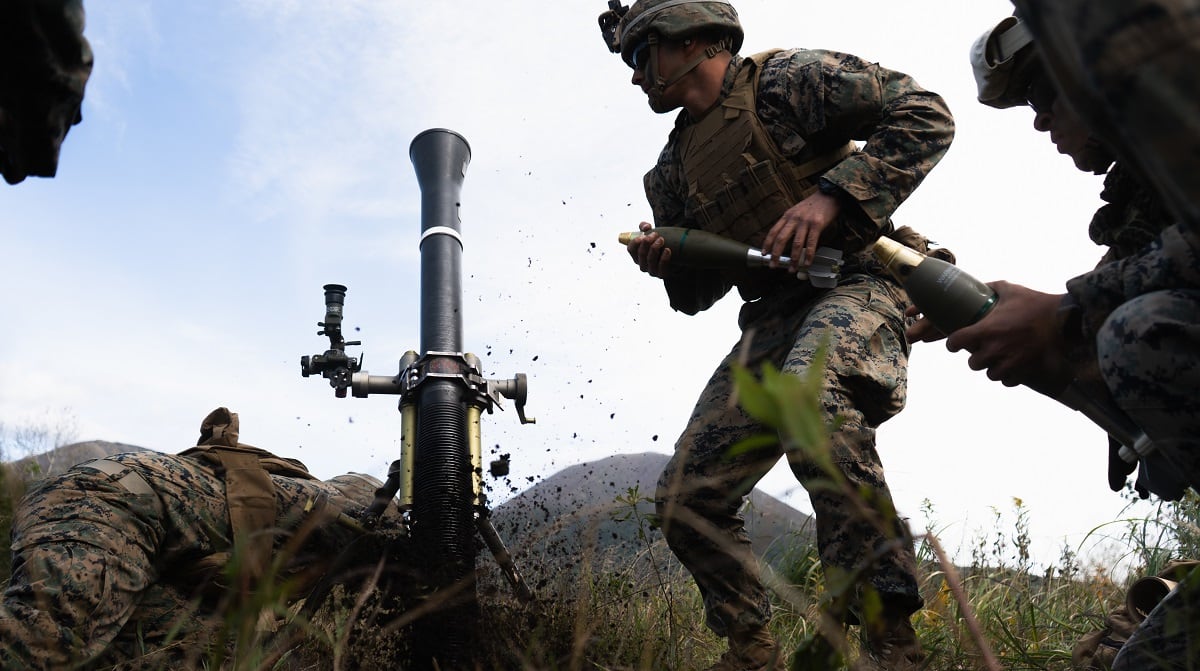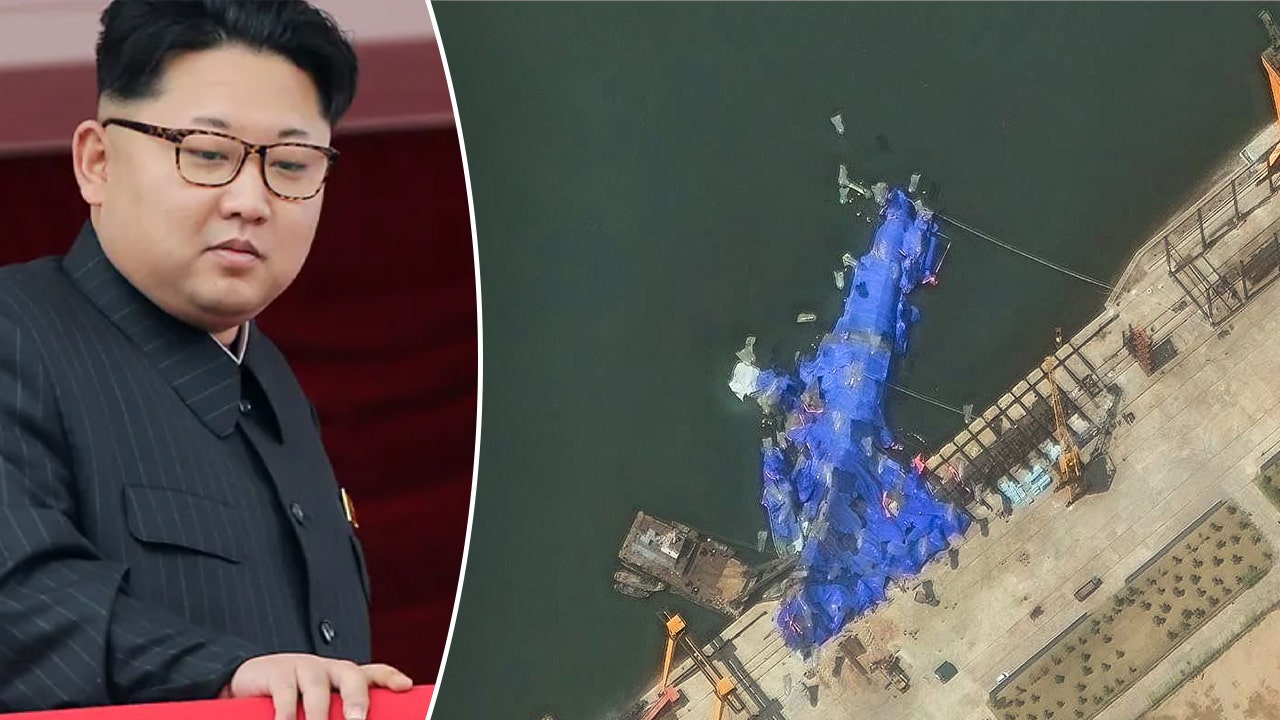Lawmakers call for in-depth VA study on blast pressure injuries

A pair of Senate Veterans’ Affairs Committee members are pushing federal researchers to investigate the impact of repetitive low-level blast injuries on veterans’ mental health.
On Monday, Sens. Jerry Moran, R-Kansas, and Angus King, I-Maine, introduced the Precision Brain Health Research Act, which mandates a 10-year study on the blast injuries. The two lawmakers hope the findings will lead to additional protections for troops using heavy artillery.
“Recent studies have tied low-level blasts, which [service members] are exposed to during training and in combat, to high rates of brain and mental health conditions, as well as suicides,” Moran said in a statement. “This legislation will help us start to better understand why and how blast exposures are impacting [service members] and veterans.”
Blast injuries occur when explosions create high-pressure waves that can damage sensitive organs like the ears and brain.
RELATED
Previous studies have found significant injuries among military personnel manning mortars and other heavy weaponry, with symptoms that included headaches, insomnia, memory loss and depression.
Earlier this summer, in response to news reports pointing to long-term health effects from repeated blast injuries, a group of 24 lawmakers petitioned the Government Accountability Office to review Defense Department efforts to prevent and respond to the damage caused by pressure waves from firearms and explosives.
Defense Department leaders in August unveiled a series of new steps designed to protect troops from blast overpressure injuries related to weapons use, including new restrictions on how close trainers can stand during firing range sessions and cognitive assessments for all troops by the end of 2025.
The new legislation would focus on the Department of Veterans Affairs, combing through data sets of veterans to look for signs of problems and trends among individuals with similar military occupational specialties.
“Traumatic brain injuries are a common, yet misunderstood and often undetectable, injury,” King said in a statement. “We have a duty to expand our understanding of the impact these blasts have on mental health, and to protect the long-term health and well-being of our military community.”
The measure is unlikely to become law this year, given that the current session of Congress will end in a few weeks. But the legislation could become the basis for VA reform efforts next session, when Moran is expected to be chairman of the Senate Veterans’ Affairs Committee.
Leo covers Congress, Veterans Affairs and the White House for Military Times. He has covered Washington, D.C. since 2004, focusing on military personnel and veterans policies. His work has earned numerous honors, including a 2009 Polk award, a 2010 National Headliner Award, the IAVA Leadership in Journalism award and the VFW News Media award.







